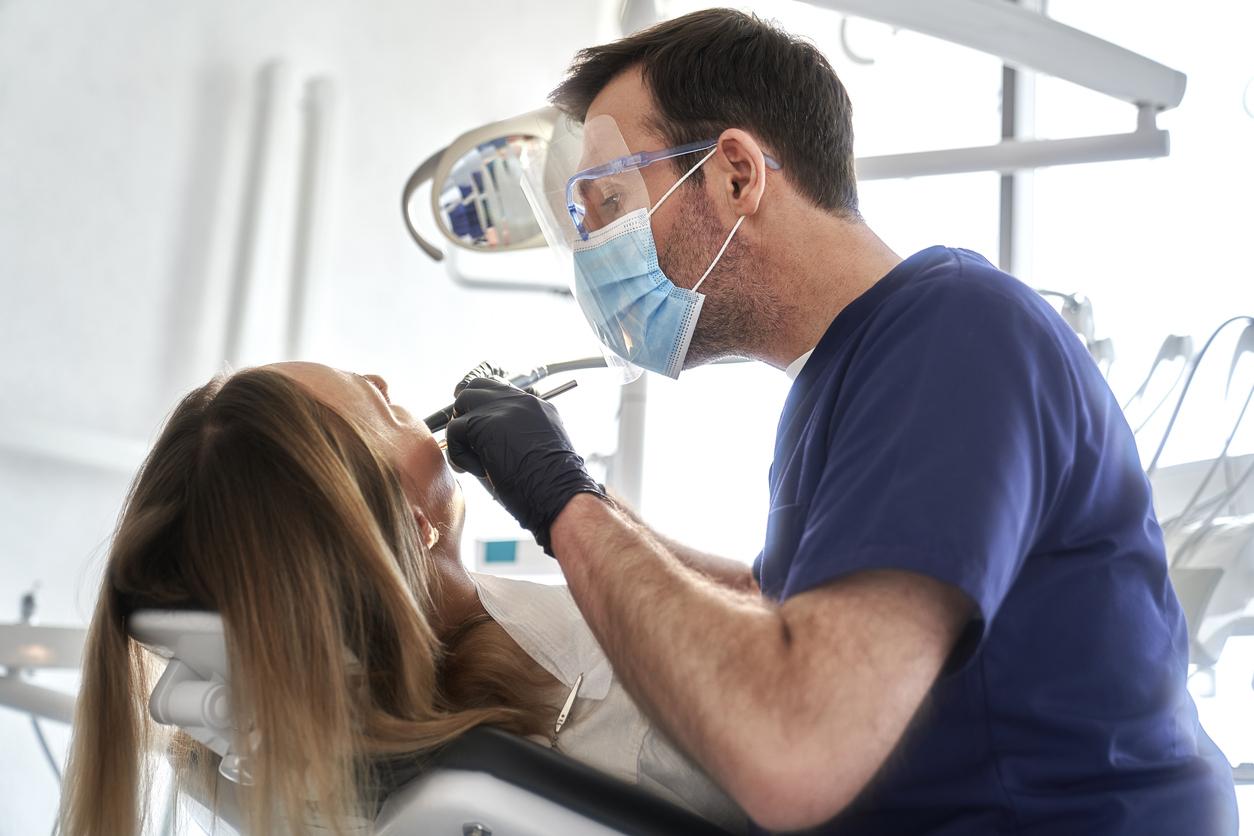Officially, 4% of the French population is affected by sleep apnea. In fact, this figure would be rather close to 20%.

- Sleep apnea could be much more common in France than we think.
- Indeed, 20% of the population could suffer from it, where only 4% is diagnosed and followed for this syndrome.
- This condition leads to a risk of heart problems.
In France, obstructive sleep apnea syndrome (OSAS) affects 4% of population but the reality could be much more important. Indeed, according to the European Respiratory Societyabout one in five people may have obstructive sleep apnea and be unaware of it.
Bad nights: what if it was sleep apnea?
This syndrome is a disorder of nocturnal ventilation due to the abnormally frequent occurrence of respiratory pauses, indicates the‘Health Insurance. It is due to repeated episodes of obstruction of the airways in the back of the throat.
This disorder is particularly detrimental to health: it leads not only to daytime fatigue, but also to an increased risk of high blood pressure, stroke, heart disease and type 2 diabetes.
So, if you often snore loudly, stop breathing and/or wake up several times during the night, you might be one of those unaware patients that you have obstructive sleep apnea. Indeed, according to this new study, only a small proportion of people with symptoms of OSAS have been diagnosed and receive the necessary help for this pathology.
Sleep apnea: 20% of French people could suffer from it
The study involved 20,151 French adults. The researchers recorded the number of participants who had been diagnosed with sleep apnea (OSAS).
They also used a questionnaire to gauge how many participants were likely to be undiagnosed. The questionnaire asked about heavy snoring and excessive sleepiness during the day (the two most common symptoms of OSAS), high blood pressure and obesity.
The researchers then used this data to calculate the proportion of the French population likely to be affected by sleep apnea and they found that around one in five people (20.2%) were highly likely to suffer from it. , while only 3.5% were treated for this condition.
The study was led by Dr Pauline Balagny, from the Faculty of Medicine at the University of Paris-Cité, France, who said: “We know that OSAS is a public health issue and a major health risk, but if patients are diagnosed, they can receive treatment and advice to reduce risk. Our study suggests that OSAS is common, but the majority of those affected are unaware they have it.”
















